Click the preview above to watch the trailer for “Tuniyay.”
Click the preview above to watch the Utah Epodcopalians Podcast with host Craig Wirth and Ute Elder Forrest Cuch.
Why did the good people stand by?
Tuniyay is the name for the 2024 documentary produced the Office of The Rt. Rev. Phyllis Spiegel and directed by Canon Craig Wirth. Tuniyay it is the Ute word for “to tell the story.” This feature-length production explores the sadness and trauma of the Uintah Boarding School at Whiterocks. The school is one of many “Indian Schools” of the late 19th and early 20th centuries. The institution’s legacy is rooted in the centuries of cultural genocide against the Indigenous tribes in what is now known as the United States. The underlying purpose of these schools was to strip the Native people of their rich culture and language.
The trauma lasts today, decades later.
As part of a wider church commitment to reconciliation and the need for truth telling, the Diocese has created a documentary offering the sad and poignant story of the Uintah Indian School at Whiterocks.
Starting in the 1880s, the government and religious organizations operated Indian Boarding Schools. The schools were designed to teach the indigenous children to be like white Americans in culture, language, and even dress. The results were often disastrous with the trauma lasting to this day. There were deaths associated with the trauma and the exposure to diseases in the often unsanitary schools. While our church did not operate the Uintah School, the school surrounded our St. Elizabeth’s Church in Whiterocks and the church was used for compulsory services as part of the forced “Christianizing” of the Utes.
Click above to watch Bishop Phyllis Spiegel discuss “Tuniyay” in her 2024 Convention Address
Diocesan Communications Director Craig Wirth and historiographer Kurt Cook spent the last eight months creating the documentary with the guidance of Ute Elder Forrest Cuch and The Rev. Michael Carney. All in this production consider it to be a capstone project representing some of the most important and largely unknown stories in Utah and Church history.
This documentary would not have been possible without the interviews of key individuals who provided unique and invaluable insights into this tragic chapter of history. Their service and stories shed light on the experiences and lasting impact of the school on the Ute community.
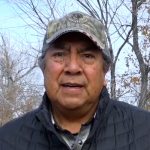
Forrest Cuch
Ute Elder
Forrest Cuch is an Ute Elder and member of St. Elizabeth’s Episcopal Church in Whiterocks. He serves as Bishop’s Warden of St. Elizabeth’s, on the Diocese of Utah’s Commission of Peace & Justice and the Commission on Racial Reckoning. Learn from Elder Cuch how the Indian Schools left generations of trauma that still strongly affect families and tribes today.
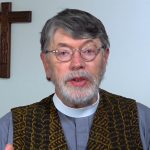
The Rev. Michael Carney
Vicar, St. Elizabeth’s Episcopal Church & Church of the Holy Spirit
The Rev. Michael Carney is the longtime retiring Vicar of both St. Elizabeth’s Episcopal Church in Whiterocks and the Church of the Holy Spirit of Randlett. Learn from Fr. Carney how modern ministries on tribal lands are tasked with the responsibility to act in the way of Jesus, not necessarily to teach Jesus.
The Episcopal Diocese of Utah was honored and humbled to debut our documentary about the old Uintah Indian Boarding School in a showing at Ft. Duchesne. Seventy people from the Ute community viewed the presentation about the school that was located at Whiterocks.
The premiere elicited strong reactions from the audience, most of whom empathize with the generational trauma discussed by subjects in the film. After the film screening, a number of attendees recounted their own histories of abuse, unhealthy conditions, and severe punishment as some of the last generations of students to go through the institutions.
After the Fort Duschesne event, a number of updates were incorporated into the film based on suggestions of Ute attendees; this included additional personal interviews that share important traumatic first-hand experiences. It is the duty of our Diocese—as a direct consequence of our role in the erasure of these Native cultures—to be responsive and respectful when these stories are told, to ensure they are recounted in a manner in which tribal audiences would approve.
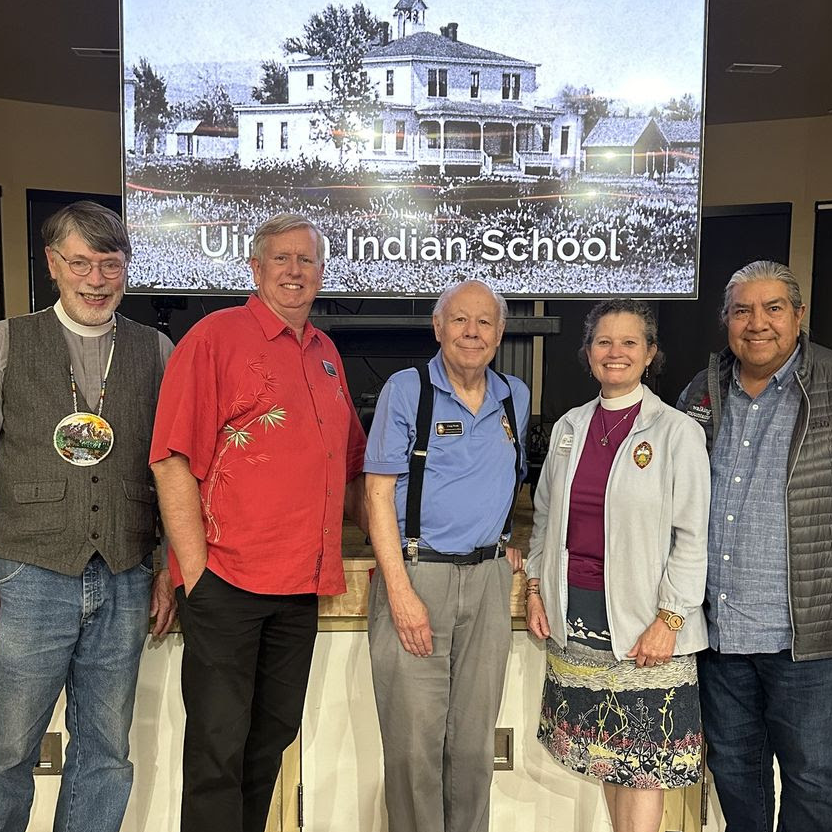
The Tuniyay production team (The Rev. Michael Carney, historiographer Kurt Cook, director Craig Wirth, Bishop Phyllis Spiegel, and Ute Elder Forrest Cuch) presenting the documentary at a pre-screening in Ft. Duchesne.
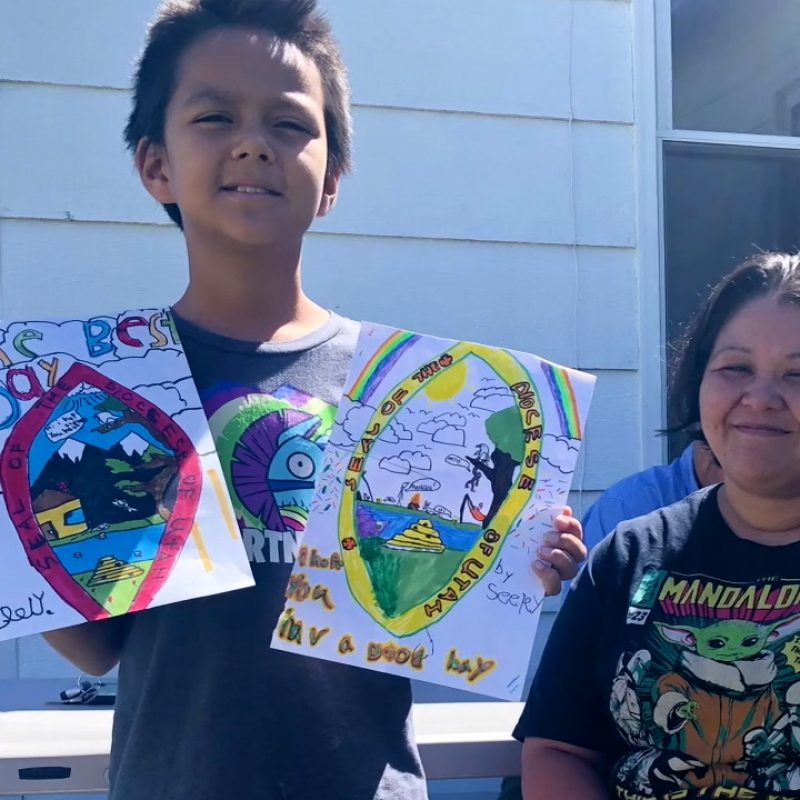
Art Empowers is a ministry under Episcopal Community Services. The Rev. Michael Carney describes the ministry’s effort is to ACT like Jesus rather than to TEACH Jesus; it is making a significant impact on young people in the community. This expressive arts program is dedicated to fostering self-esteem, community building, artistic expression, and healthy nutrition among its participants.
Art Empowers provides a platform for young people to express their past and future through art and learn about their culture. The program is free of charge and welcomes young people aged 6-17, encouraging them to invite their friends. Facilitators from the Ute Community ensure that participants have a safe and nurturing environment to grow and develop.
The children are eager to learn about their heritage and the true history of their culture, often not fully addressed in their regular education. This program creates a space for these important conversations, helping to bridge the gap between generations and foster a deeper understanding of their cultural roots.
Art Empowers embodies hope and highlights the significant role children play in preserving and revitalizing their culture. By engaging with open hearts and ears, setting aside preconceived notions, and seeking opportunities to serve, the program creates meaningful and transformative relationships. This initiative stands as a testament to the power of art in healing and empowering the next generation, fostering a brighter future for the entire community.
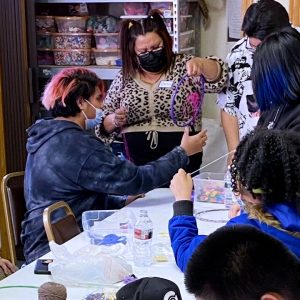
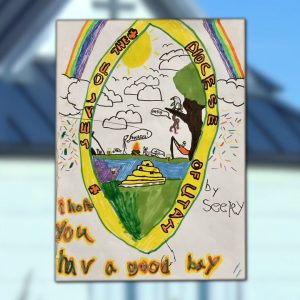
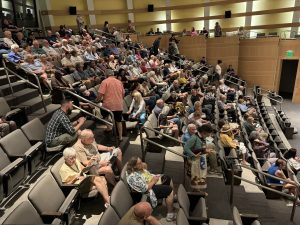
On July 16th, The Episcopal Diocese of Utah premiered Tuniyay to a full-house audience at the Salt Lake Library Auditorium. The packed theater was filled with Ute members and Ute Elders, members of other various tribes, community members, and fellow Episcopalians.
The screening was followed by a Q&A about the production: Craig Wirth reflected on his journey while making the documentary, sharing how he realized the interconnectedness of his own story with the Indigenous narratives he was documenting.
Ute Elder Forrest Cuch provided a poignant overview of the film’s depiction of genocide, both cultural and physical, and shared personal experiences of language loss and cultural resilience. The Rev. Michael Carney expressed gratitude for the film and the opportunity to work with the Indigenous community, highlighting the transformative power of programs like Art Empowers. Bishop Phyllis Spiegel emphasized the importance of making space for personal stories and the ongoing need for education and cultural preservation.
These initial comments framed the subsequent discussions, underscoring the significance of historical reflection, personal accountability, and communal healing. Ute members shared their their insights on the project and ideas for our next steps in this goal of reconciliation. Others asked how they can stand up for others in daily life, and shared ways they personally try to lift Indigenous voices.
Click above to watch the Q&A following the premiere of “Tuniyay”.
The result of the discussion was learning the importance of how standing up for others can inspire discussion to make institutional change.
We hope that when you notice the signs of institutional racism, of cultural genocide, or offensive stereotype—if you feel guilt learning of events passed—you turn that energy into action through honest conversations.
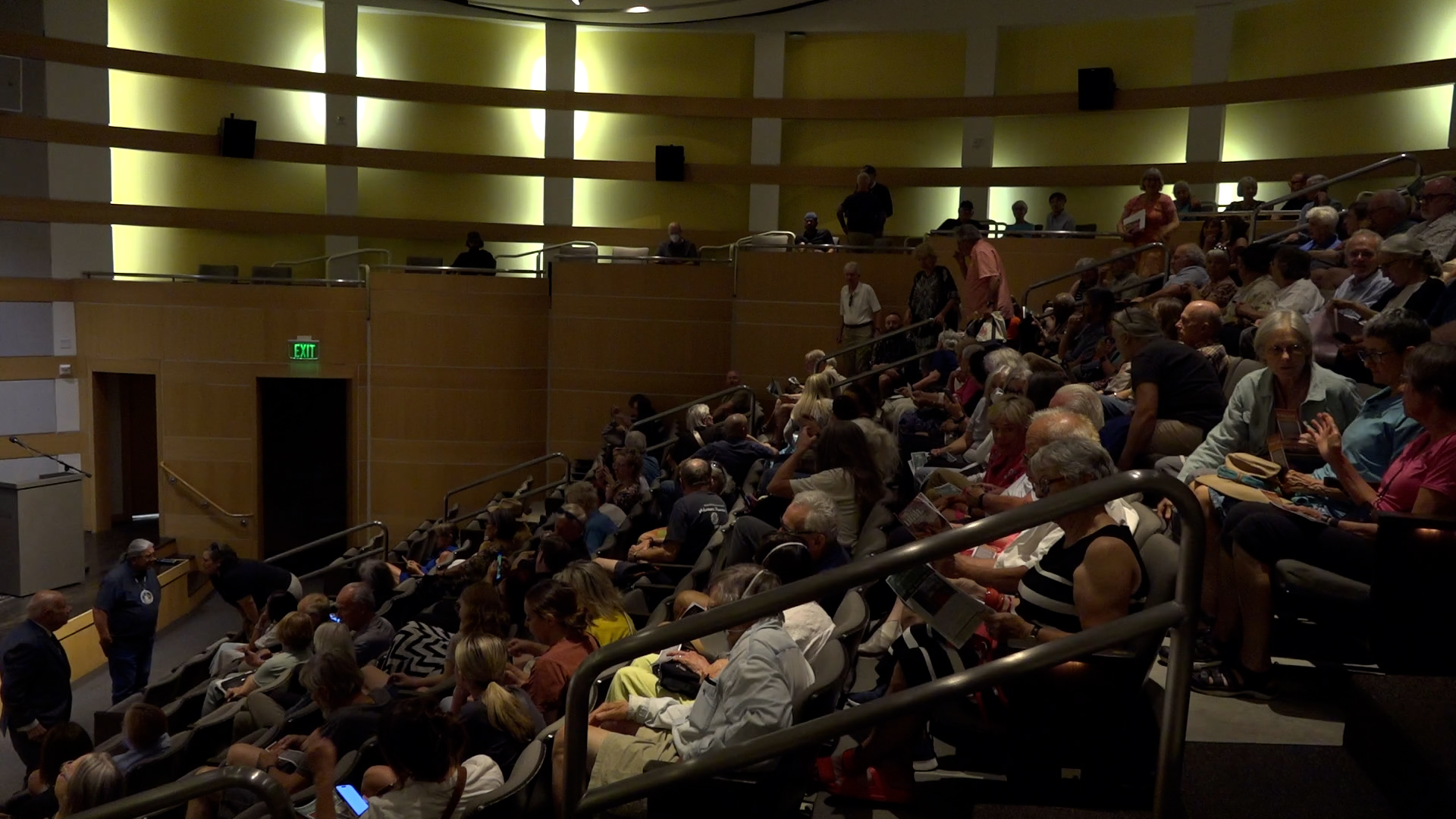
For many the documentary was the first time they had heard about the schools and the ensuing generational trauma that was left as a result. For others in the audience the film hit home, mirroring personal stories from still-living or recently-deceased relatives who had were once enrolled in the schools.
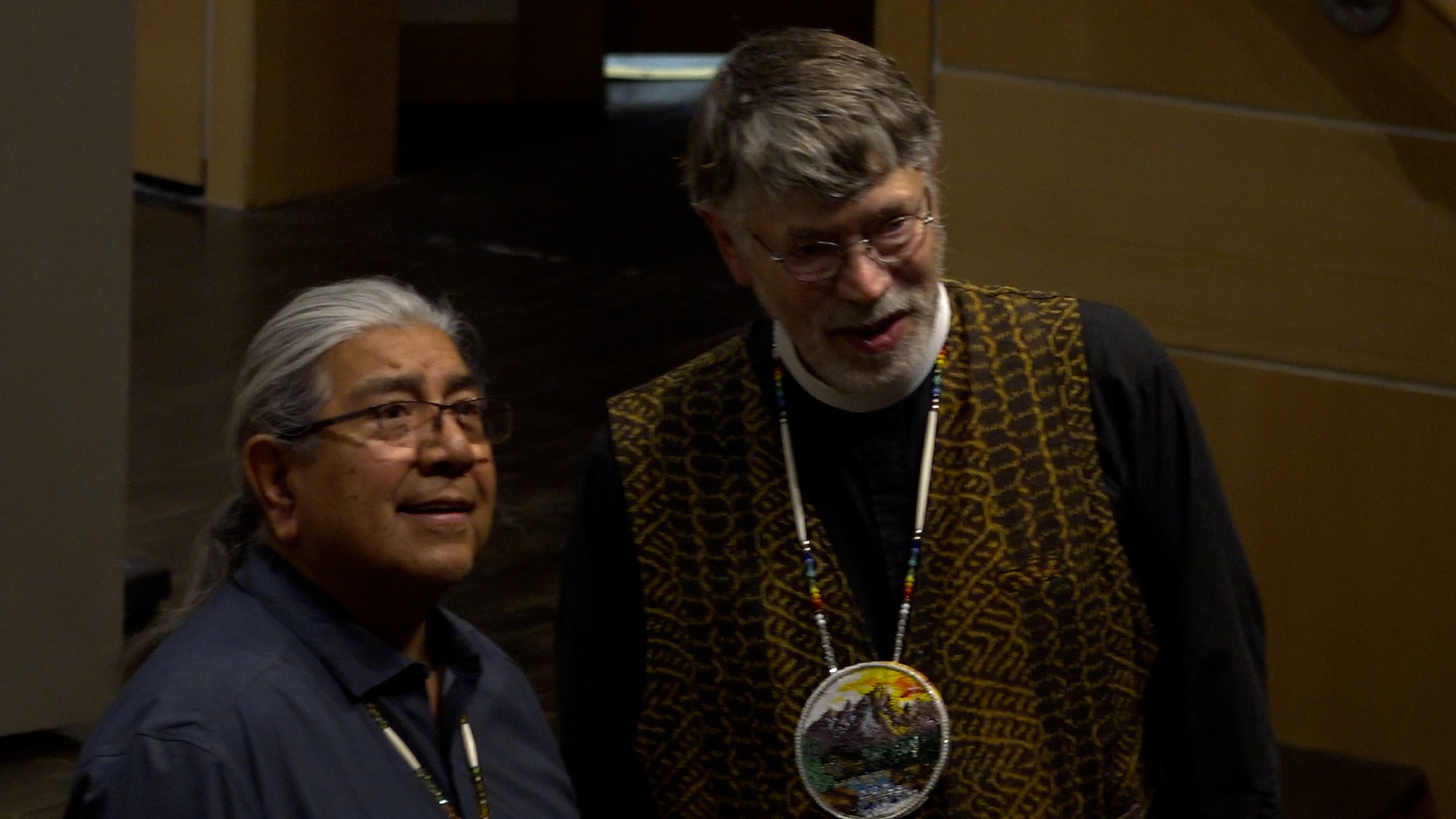
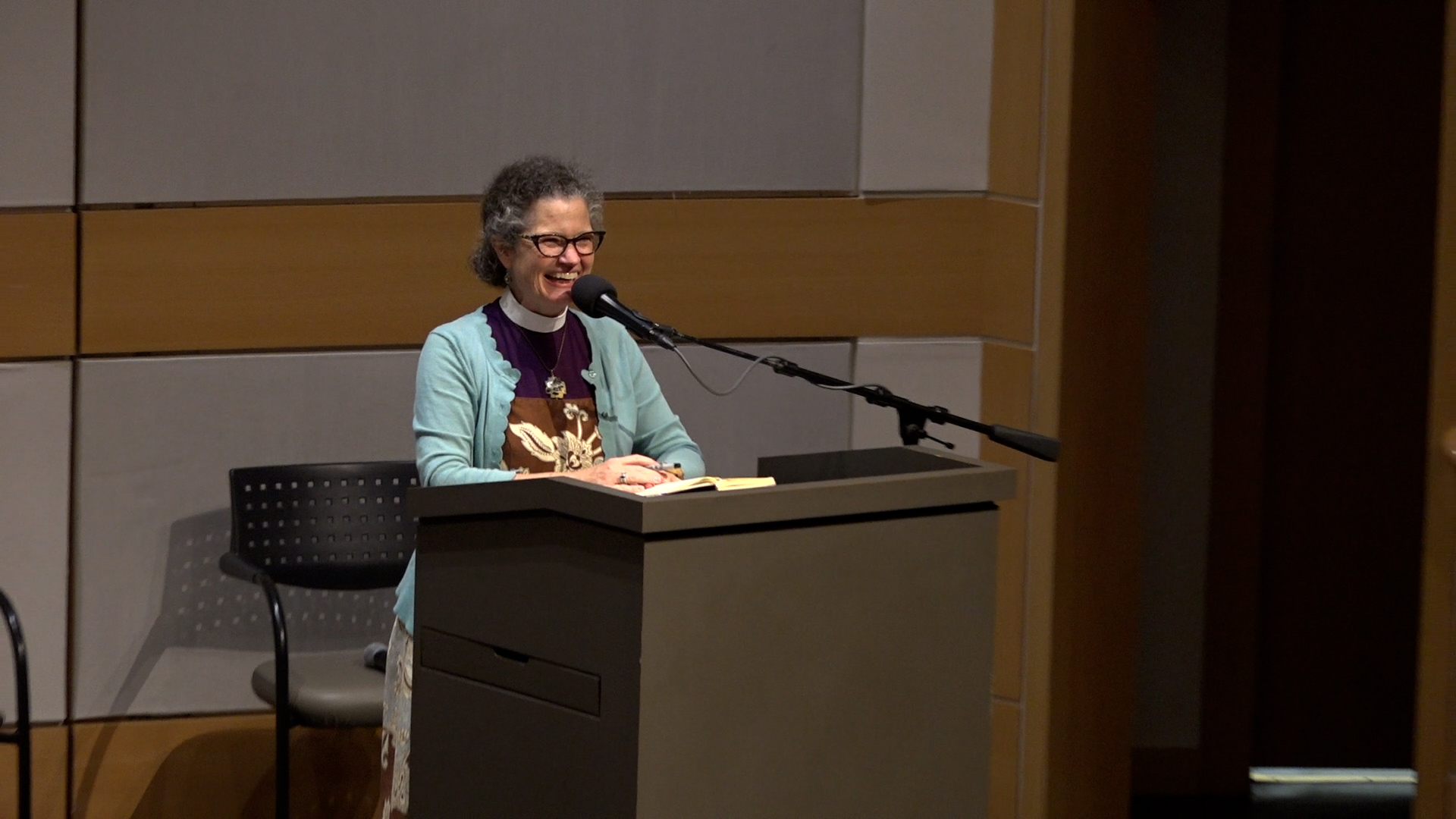
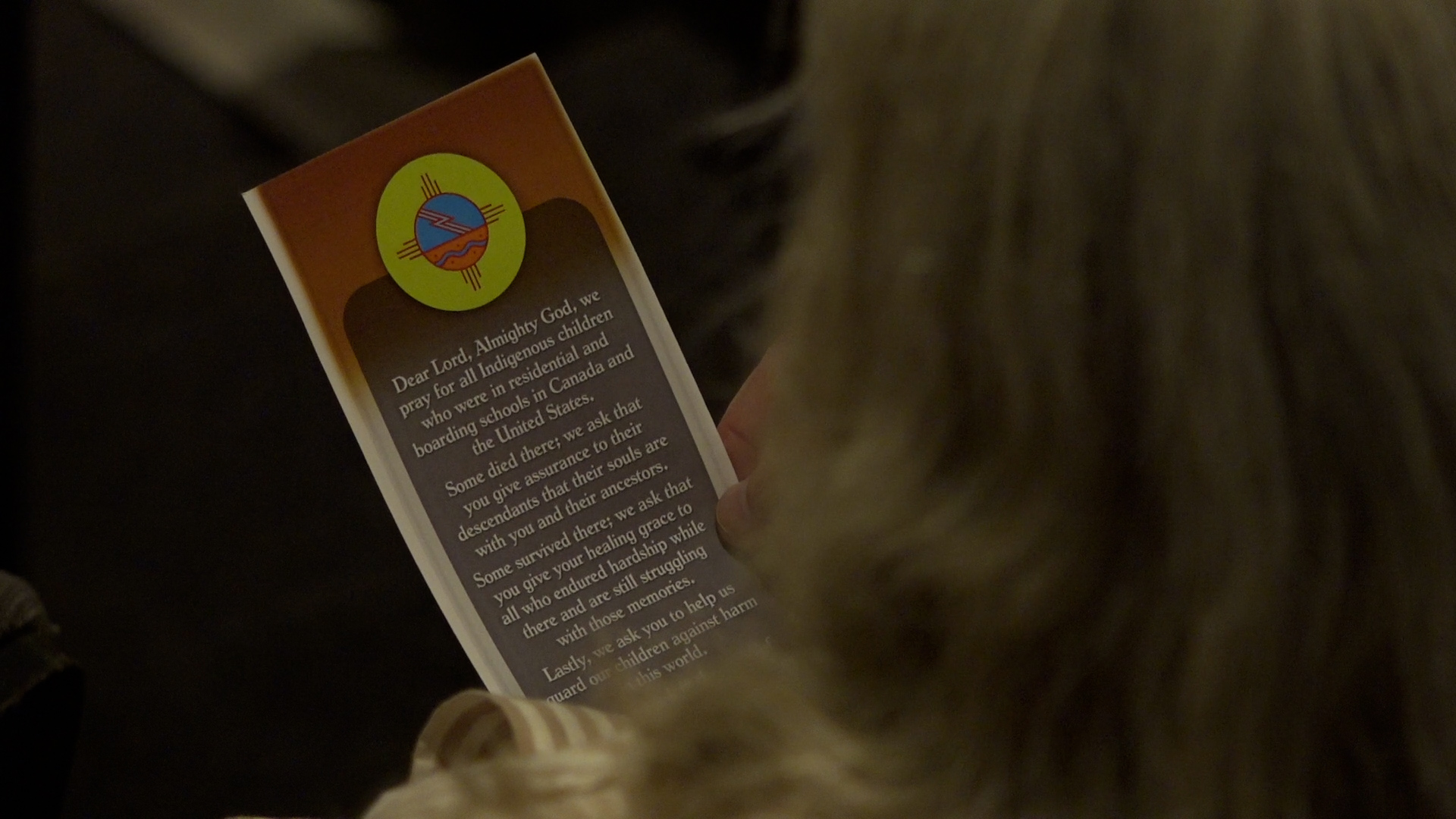
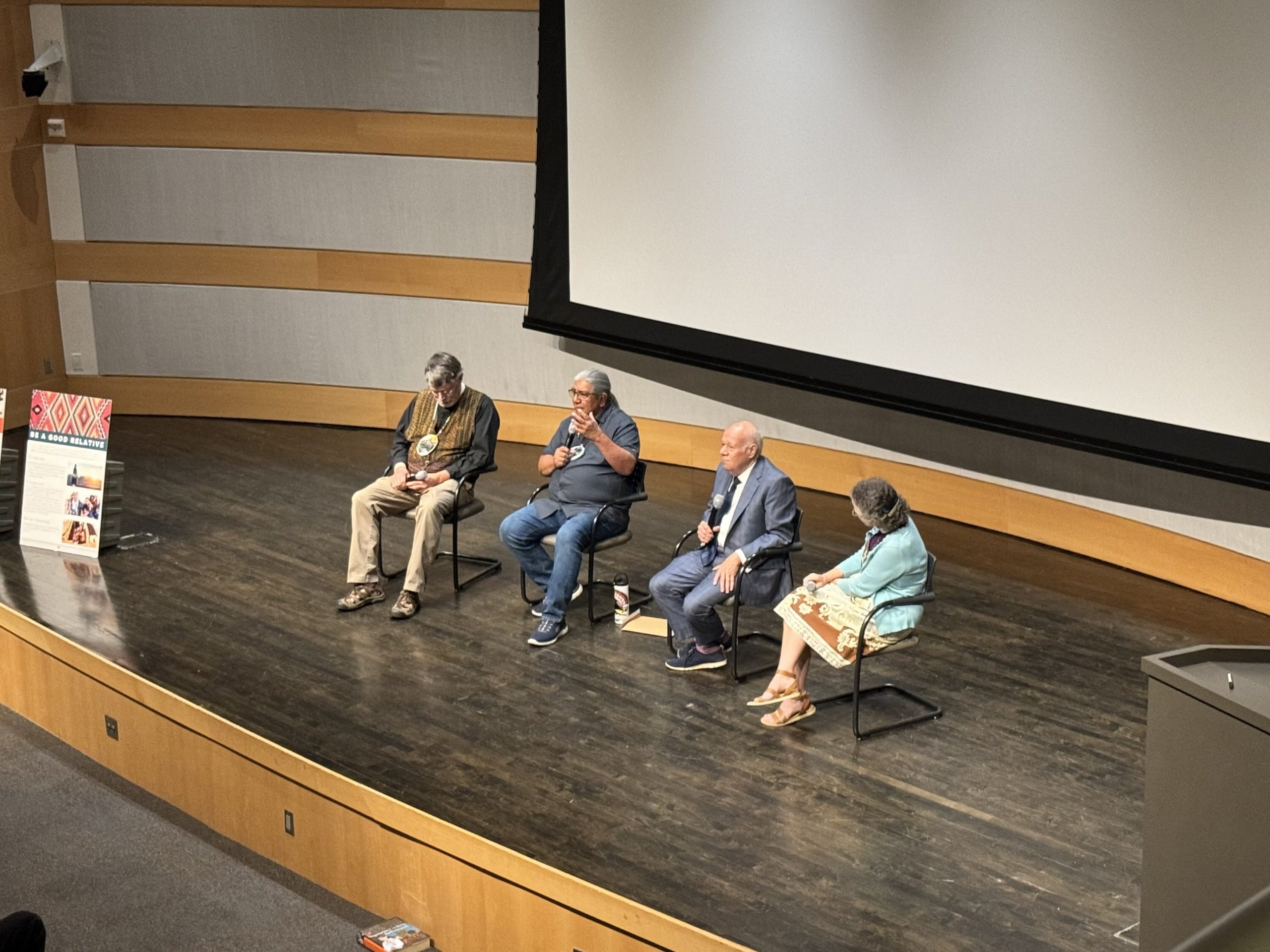
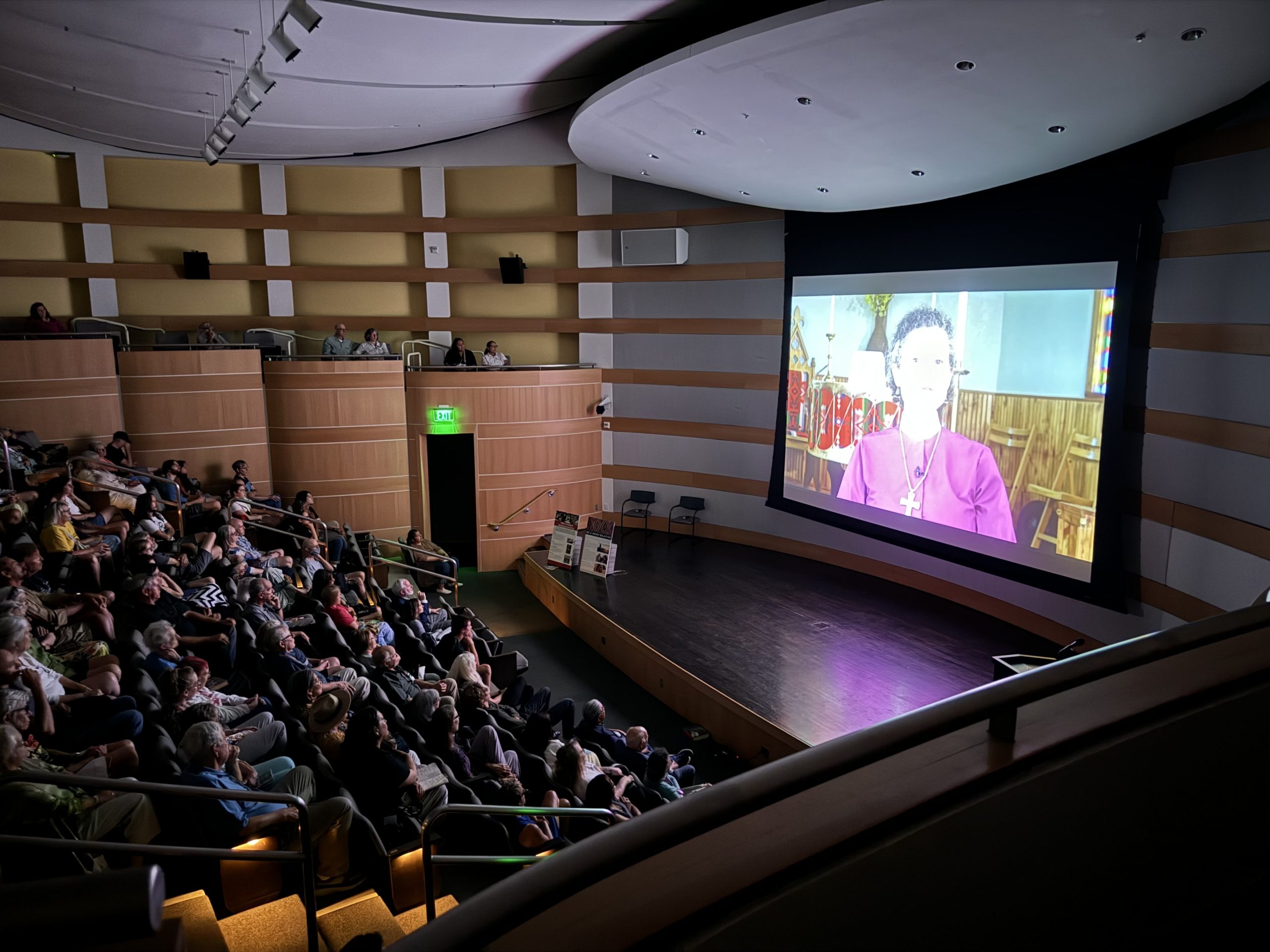
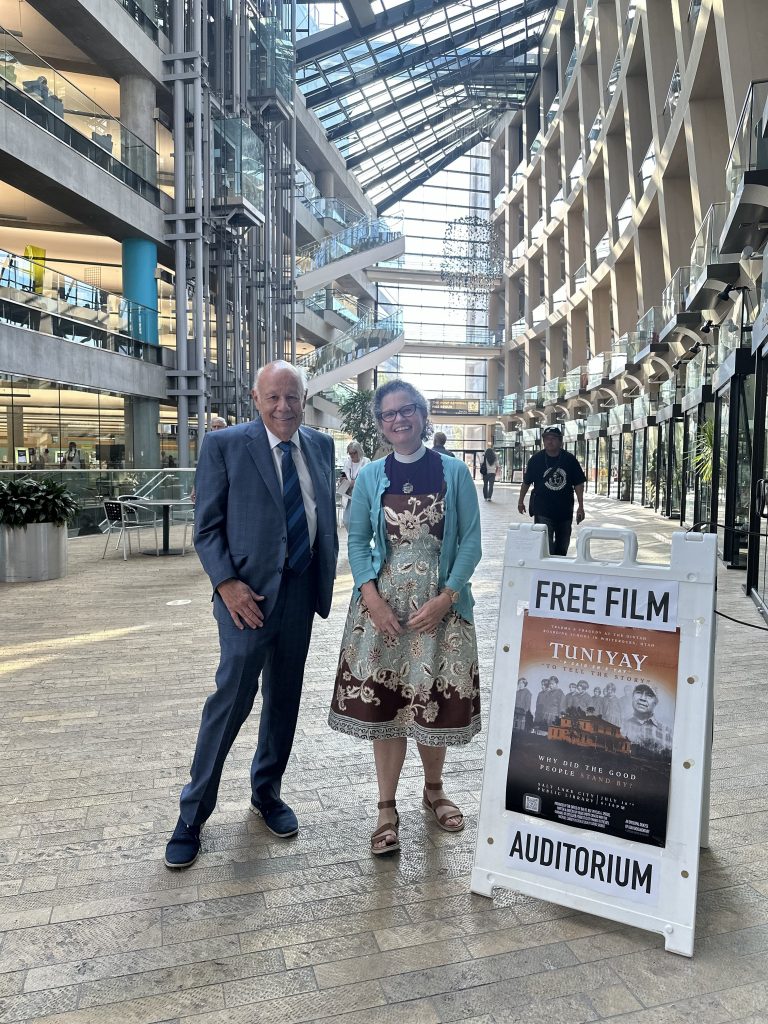
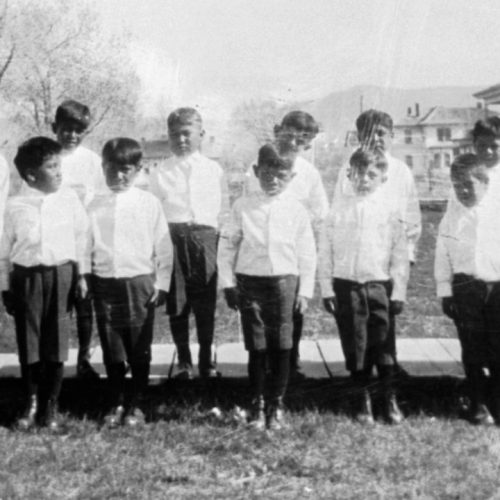
Boys lined up at the Uintah Boarding School, donning white European-style clothing, their culturally sacred long hair has been cut.
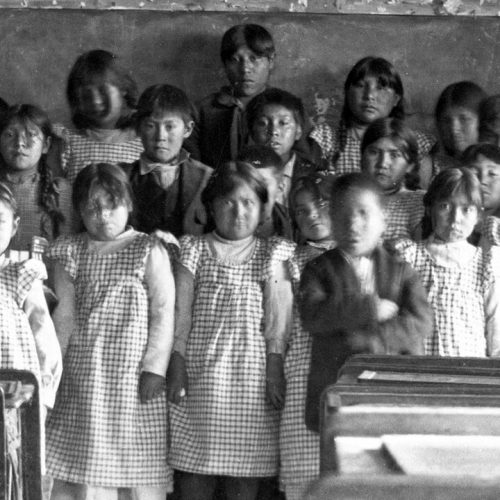
Little girls wearing Praire-era dresses remeniscent of the 19th-century frontier.
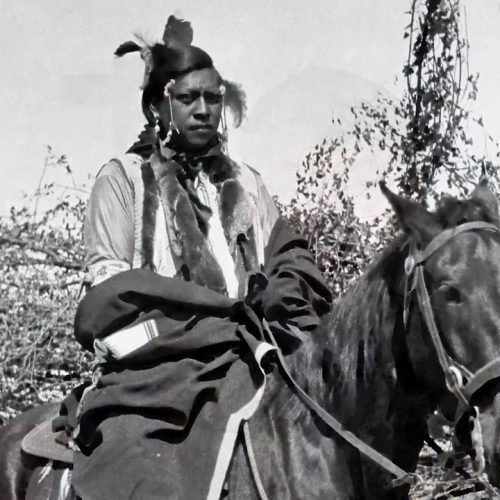
A few of the ceremonial clothing, headwear, and hairstyle elements that were banned from the school.
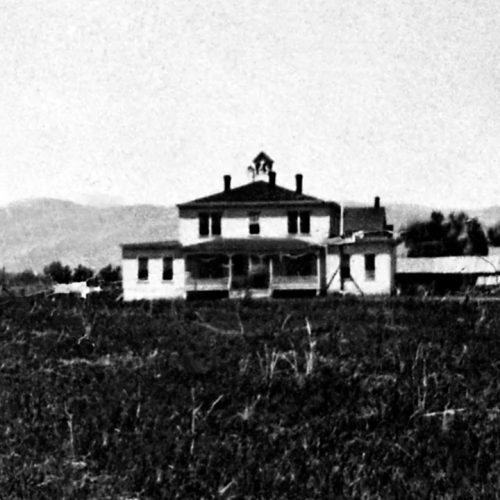
We know school children died from the horrible living conditions and trauma inflicted by the school.
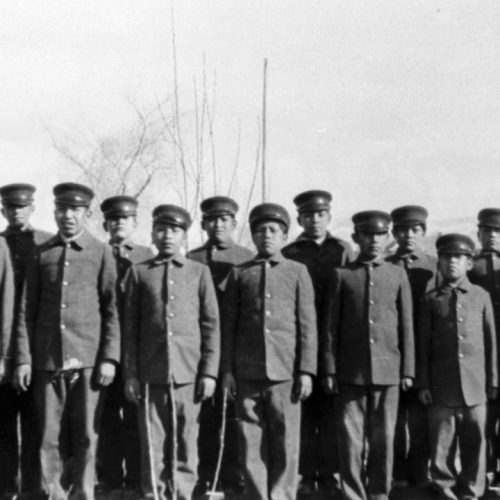
Boys were dressed in identical school uniforms, standing soldier-like for the photo above.
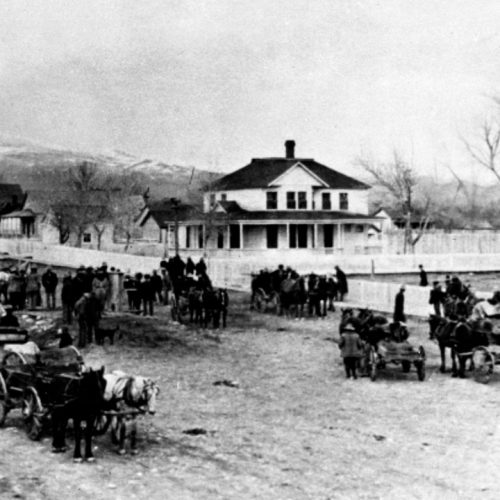
The school was a prominent establishment of then-Whiterocks.
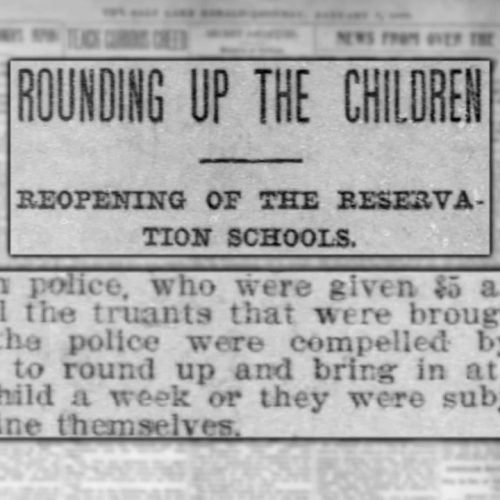
A newspaper clipping depicts the assimilation efforts of the era.
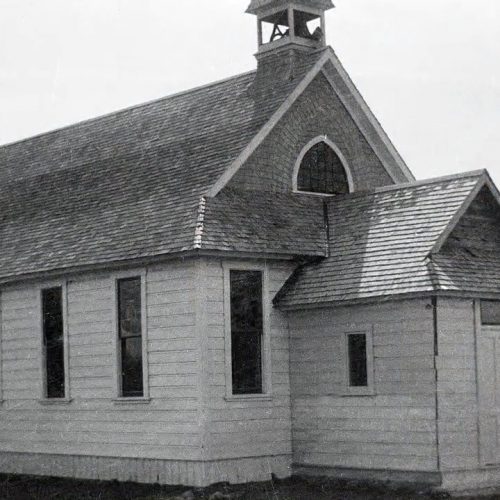
The school surrounded St. Elizabeth’s Episcopal Church. The church remains after a fire destroyed the school that had surrounded it.

Episcopal Retreat & Conference Center
erccutah.org
75 South 200 East, Salt Lake City, Utah 84111
Telephone: 801-322-4131 | Fax: 801-322-5096
© 2018 Episcopal Diocese of Utah, All rights Reserved.